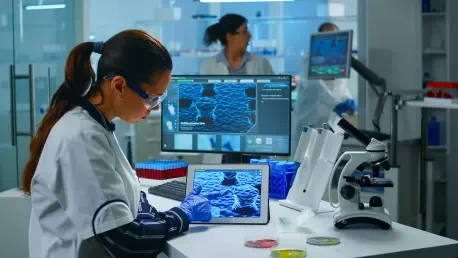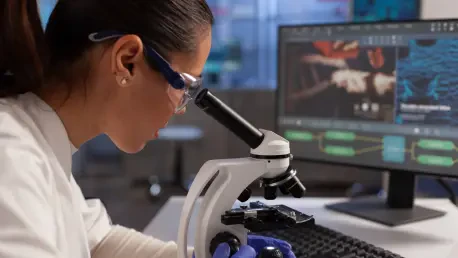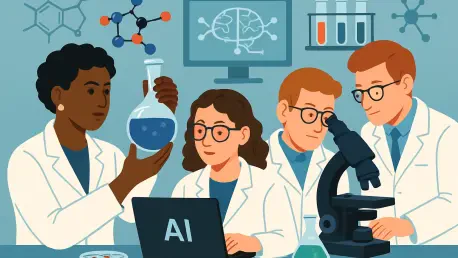
What if a single breakthrough could slash diagnostic delays and transform how pathology labs operate across the globe? In a world where every second counts for patient outcomes, the strategic alliance between LigoLab and PathPresenter is sparking excitement with a promise to revolutionize digital

Unlocking MASLD: The Quest for Reliable Biomarkers Imagine a silent epidemic affecting millions globally, where a liver condition tied to metabolic dysfunction progresses undetected until it spirals into life-threatening outcomes like cancer. Metabolic dysfunction-associated steatotic liver disease

Imagine a world where smart contracts on blockchain platforms like Ethereum can seamlessly interact with real-world data—think weather updates, crop yields, or live market prices—without relying on potentially vulnerable centralized systems. Blockchain technology, celebrated for its trustless and

In an era where precision medicine is reshaping healthcare, a groundbreaking collaboration is setting a new standard for drug discovery with an emphasis on inclusivity. Alnylam Pharmaceuticals, a pioneer in RNA interference (RNAi) therapeutics, has joined forces with the Alliance for Genomic

In an era where technology is revolutionizing every aspect of life, Medicare telehealth services have emerged as a critical resource for older Americans seeking accessible healthcare, especially during the COVID-19 pandemic when digital consultations via video calls or phone conversations became a

Imagine a world where complex medical conditions and aesthetic concerns are addressed without the need for a single incision, where patients walk out of a clinic with minimal downtime and virtually no scars. High Intensity Focused Ultrasound (HIFU) is turning this vision into reality, emerging as a